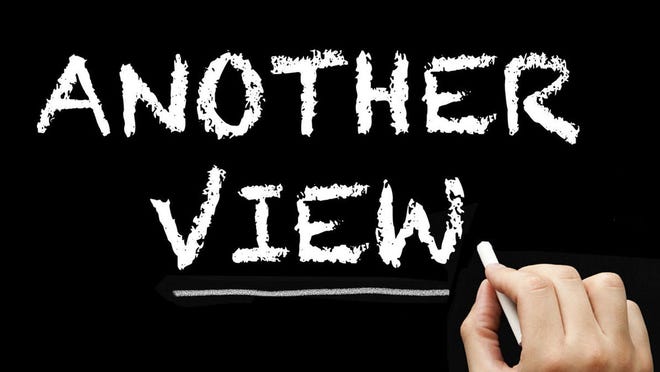Editorial: The harsh budget Americans voted for

Presidential budgets are, by their nature, wish lists. They’re a blueprint of an administration’s priorities, the first written draft of a president’s spoken vision. But they are, in the end, nonbinding.
So it is with Donald Trump’s proposed $4.1 trillion budget for 2018, which was unveiled Tuesday. Congress will soon have its say on the matter, and it’s certain that Democrats and moderate Republicans will recoil from some of the harsh cuts Trump is proposing for domestic programs.
Still, the president and most Republicans in Congress share the core principles behind Trump’s proposals. The budget announced Tuesday is, broadly, the budget that Americans should expect, and for you to think that’s good for this country, you have to believe three basic things:
▪ You have to believe government is doing too much to help struggling Americans. Trump’s budget cuts more than $800 billion from Medicaid over the next decade. It makes significant cuts to the Children’s Health Insurance Program. It cuts $272 billion from all welfare programs, including food stamps. It makes large cuts to the student loan program for low-income families.
The president and Republicans believe such programs encourage dependence on government and discourage people from going out and getting jobs. But the reality is that, in large part, government assistance programs do exactly what they intend: They provide help that’s temporary. They reduce child poverty. They encourage work and aspiration.
Can these programs be more efficient? Yes, but gutting them isn’t how to get there.
▪ You have to believe businesses will behave. Trump’s budget cuts the Environmental Protection Agency by almost a third. It also predicts $35 billion in savings from loosened financial regulations.
These are not surprising. Republicans have long said that regulations and regulatory agencies prevent markets and industries from flourishing. But as we’ve seen time and again, too many businesses choose the bottom line over the greater good, and Americans are the ones who endure the consequences. Trump’s budget opens the door wider to misbehavior.
▪ You have to believe in tax cuts. Trump, and Republicans, do. They predict a deep cut in taxes for businesses will help the economy grow at a 3 percent rate, ultimately balancing the budget by 2027. Economists and budget experts, including Ronald Reagan’s budget director, David Stockman, say that’s wildly optimistic.
History shows why. Studies have shown little to no correlation between tax cuts and sustained economic growth. In fact, research shows boosting spending on programs like food stamps and unemployment had a stronger effect on growth.
Trump’s budget does have some highlights. It targets farm subsidies that have long needed closer examination. It invests money in infrastructure, and it proposes a modern paid parental leave program.
The budget, however, also engages in some standard budget gimmickry — not only overly optimistic growth rates, but lower interest payments on debt and $142 billion from “actions to improve payment accuracy and tighten administrative controls.” (That’s the 2017 version of “cutting waste and fraud.”)
In the end, it's a budget that became an inevitability last November. Republicans are in power now. They’re about to get their wish on government and taxes, and Americans are about to get just what they voted for.
— The Charlotte Observer, May 23